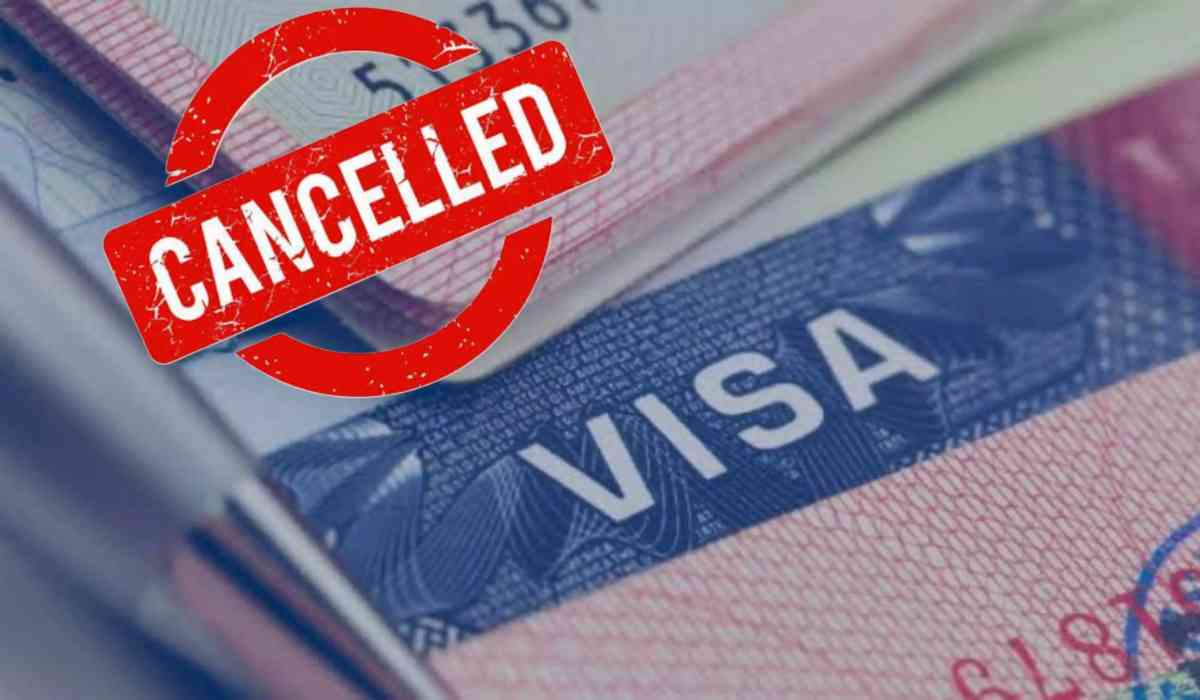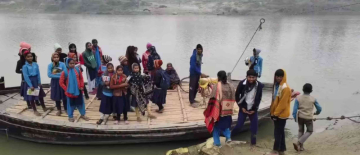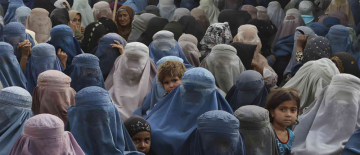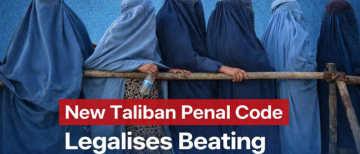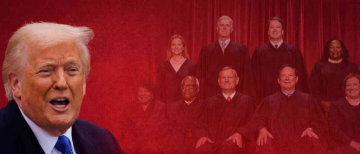A significant number of international students in the United States have recently faced visa revocations and terminations of their legal status, and Indian students have been disproportionately affected. According to the American Immigration Lawyers Association (AILA), nearly 50% of the reported cases of visa revocations involved Indian students. These measures, part of a broader crackdown on immigration, have sparked widespread concerns and raised legal challenges.
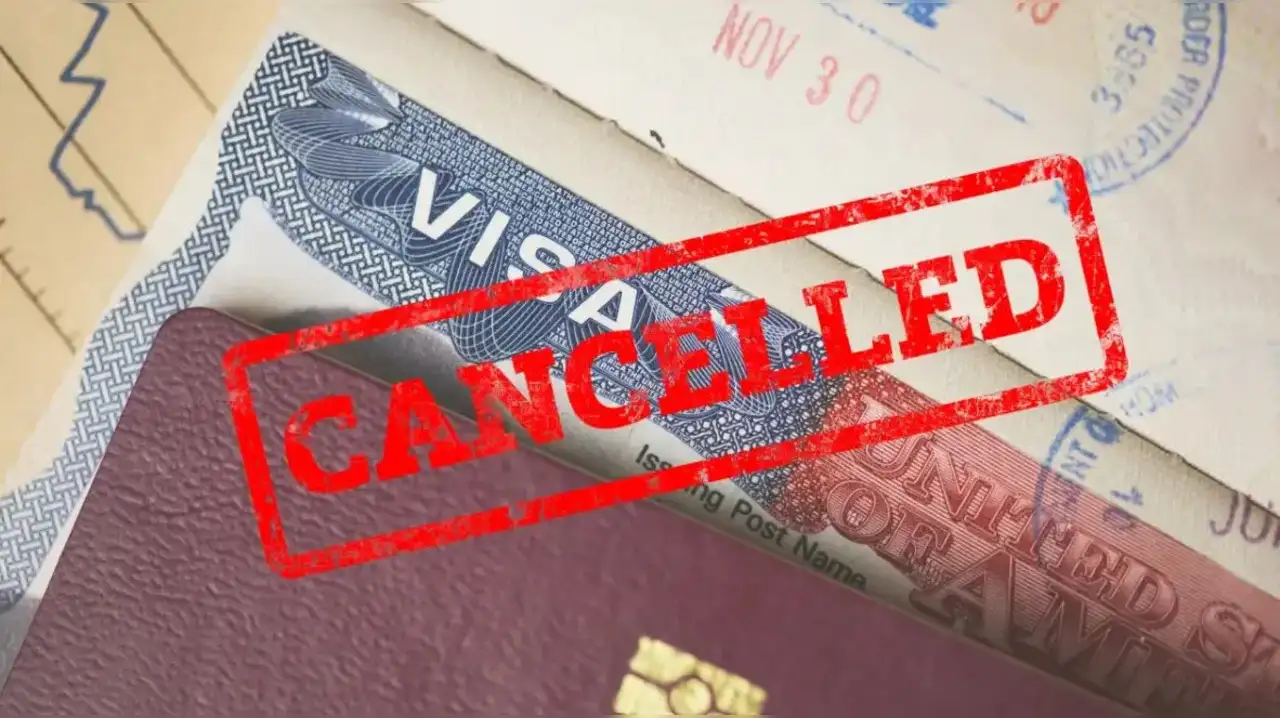
The Scale of the Visa Revocations and SEVIS Terminations
A recent AILA report has highlighted troubling trends regarding visa cancellations and terminations of Student and Exchange Visitor Information System (SEVIS) records. The association analyzed 327 reports of such cases, revealing that:
-
50% of the students whose visas were revoked were from India.
-
14% of the affected students were from China, with other countries represented in smaller numbers, including South Korea, Nepal, and Bangladesh.
India has the largest number of international students in the U.S., with over 330,000 students enrolled in the 2023-24 academic year, making up around 29% of all international students. This sizable student population has been disproportionately impacted by the crackdown.
The Impact on Optional Practical Training (OPT)
A particular area of concern is the revocation of visas and termination of SEVIS records for students who are part of the Optional Practical Training (OPT) program. OPT allows international students with F-1 visas to work in the U.S. temporarily after completing their degrees. While 12 months of OPT are available to most students, those in STEM fields can apply for an additional 24-month extension, giving them up to 36 months of work authorization.
-
50% of the revoked cases involved students who were on OPT. This group is especially vulnerable, as the termination of their SEVIS records means they can no longer work legally in the U.S.
-
Reinstating the status for those already employed under OPT is more difficult than for students still enrolled in their academic programs.
-
The AILA has raised concerns that reinstating status for OPT students is much more complex and uncertain than for those who are still in school.
This situation is particularly troubling for students who have already graduated and were relying on their OPT status for employment. Without the ability to work, these graduates face significant challenges in maintaining their legal status in the U.S.
Reasons for Visa Revocations and Terminations
The reasons behind the revocations and terminations have been a major point of contention. Many students reported that their visas were revoked due to minor encounters with law enforcement, such as:
-
Traffic violations (e.g., parking tickets or small speeding fines)
-
Arrests for disorderly conduct or minor infractions that were never formally charged or prosecuted
Despite these minor issues, many students saw their visas canceled or their SEVIS records terminated. In fact, AILA reported that 86% of the affected students had some level of interaction with law enforcement, yet 33% of these cases were either dismissed or never resulted in formal charges or prosecution.
Interestingly, only two of the reported cases were linked to political protests or activism, debunking the myth that these actions were politically motivated. The vast majority of cases involved students with no criminal history or ties to political activism.
Notification Issues and Lack of Transparency
A significant issue highlighted in all four articles is the lack of timely and clear communication regarding the revocation of visas and termination of SEVIS records. According to the AILA’s findings:
-
83% of affected students received notice only from their university, not from Immigration and Customs Enforcement (ICE) or the Department of State (DOS).
-
14% of students received notice from ICE, specifically those on OPT, informing them of the termination of their OPT status.
-
7% of students received no notification at all, which left many unaware of their legal status being altered until they noticed problems with their accounts or took proactive steps to check with their university.
This lack of proactive communication has led to significant uncertainty for students, many of whom continued to work or study unaware of the changes to their legal status.
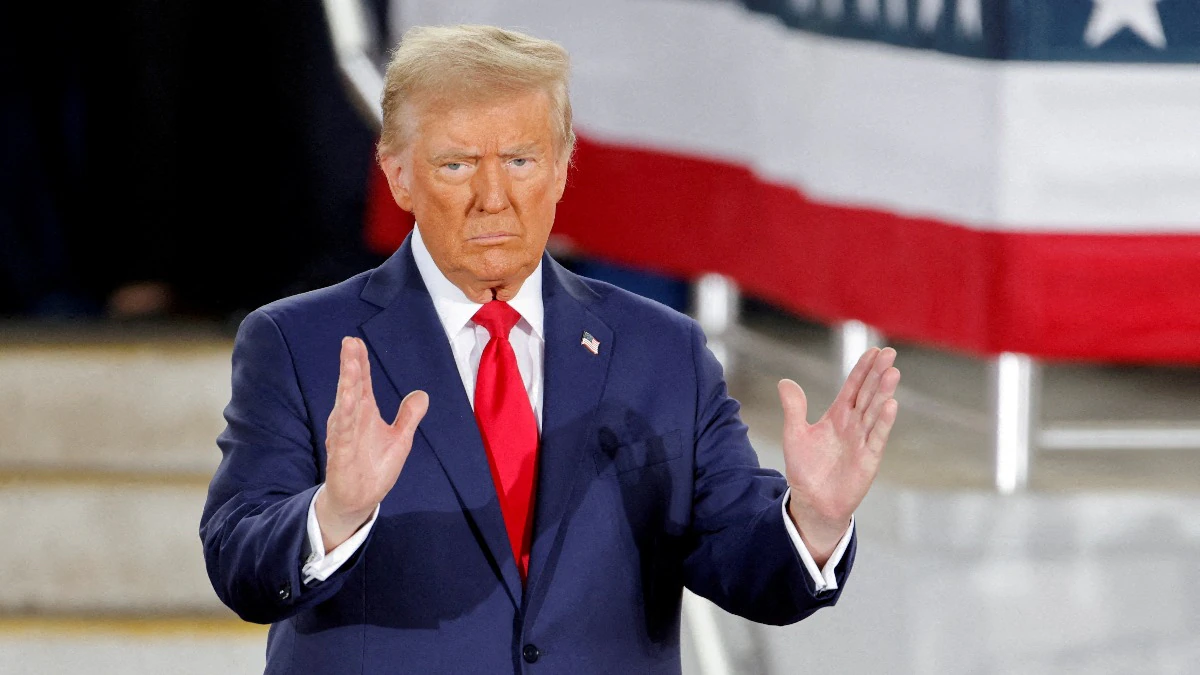
Legal Challenges and Court Orders
In response to the widespread visa revocations, affected students have taken legal action. Numerous lawsuits have been filed across the country, challenging the validity of the visa cancellations and seeking relief from deportation. For example:
-
Federal judges in Massachusetts, Montana, Pennsylvania, Wisconsin, and Washington, D.C. issued emergency orders to halt deportations of students after their legal status was revoked.
-
One case involved Krish Isserdasani, a student from India who was informed that his SEVIS record was terminated after a minor disorderly conduct arrest. Despite the local district attorney declining to pursue charges, his university informed him of the termination, and a federal judge in Wisconsin ruled that the government's actions were likely unlawful.
These court orders represent a growing recognition of the importance of due process and the arbitrary nature of the visa revocations, which have affected many students without clear justification.
The Texas Revocations: A Widespread Issue
In addition to the national trend, Texas has seen a particularly high number of students affected by the visa revocations and SEVIS terminations. At least 118 international students in the state recently had their legal status altered, with their visas revoked or their SEVIS records terminated.
-
This has led to severe consequences for students, who immediately lost their employment eligibility and faced complications for their dependents, such as spouses and children.
-
Unlike visa revocations, which only prevent re-entry into the U.S., SEVIS removals have an immediate effect, severing students' ability to work and maintain their legal status in the country.
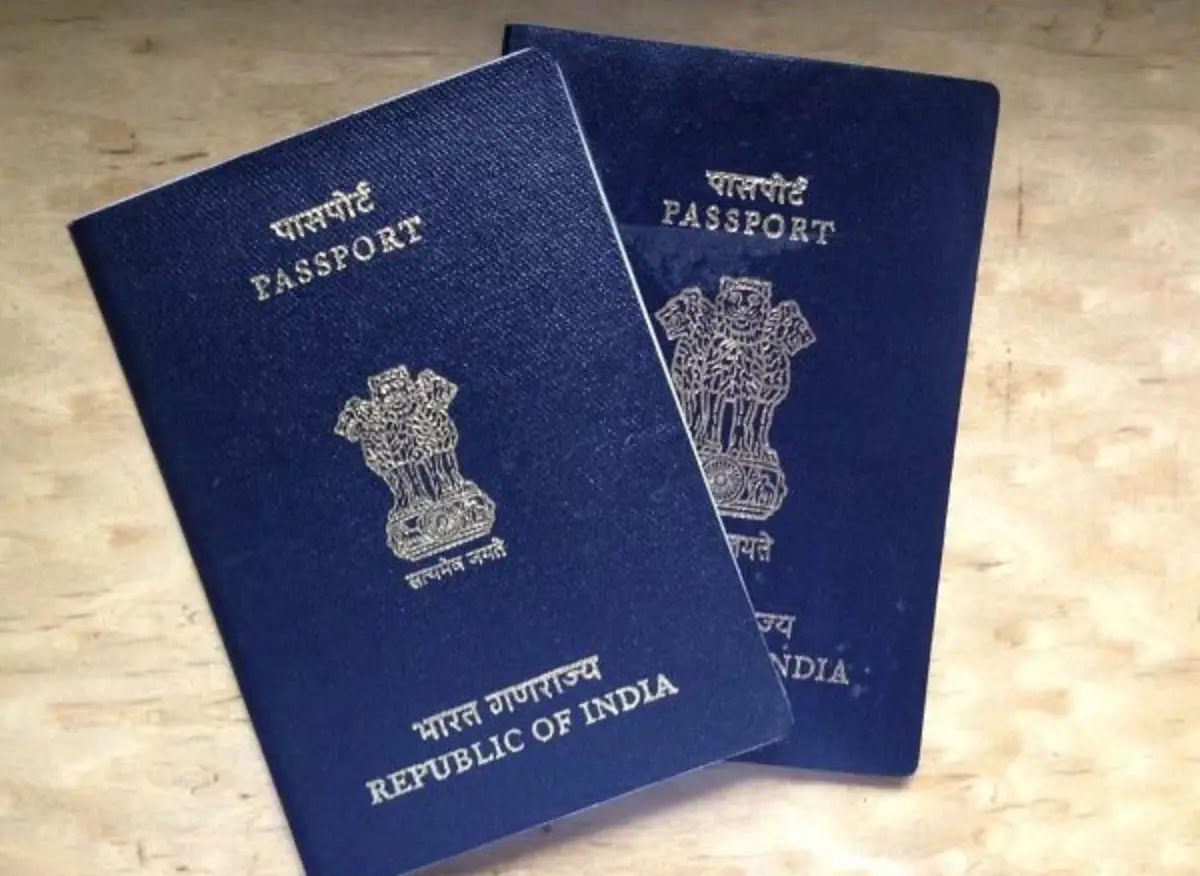
Calls for Greater Transparency and Accountability
The AILA and other immigration advocates have called for greater transparency, oversight, and accountability in the visa revocation and SEVIS termination process. Specific recommendations include:
-
A transparent appeal process for students whose SEVIS records are terminated or whose visas are revoked unfairly.
-
A clear and consistent communication protocol to ensure students are promptly notified and have an opportunity to address any issues before their legal status is altered.
-
Better oversight to prevent arbitrary actions that can drastically impact students’ futures and livelihoods.
The current system has left many students vulnerable to sudden changes in their legal status without sufficient recourse, and reform is seen as essential to protect the rights of international students.
The Need for Reform
The recent wave of visa revocations and SEVIS terminations has disproportionately affected Indian students, who are the largest international student group in the U.S. The actions taken by the Trump administration raise serious concerns about the fairness and transparency of immigration enforcement. With many students facing visa cancellations for minor offenses or without prior notice, the need for greater clarity and accountability in the system is evident.
As lawsuits and legal challenges continue to unfold, it remains to be seen how the courts and government will address these issues. However, one thing is clear: the current system needs reform to ensure that international students are treated fairly and equitably, and that their rights to work, study, and live in the U.S. are protected.
With inputs from agencies
Image Source: Multiple agencies
© Copyright 2025. All Rights Reserved Powered by Vygr Media.

